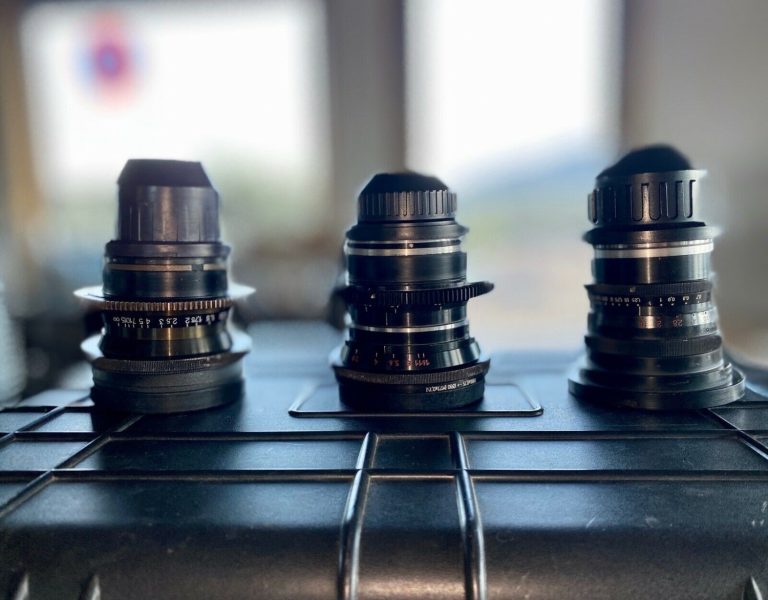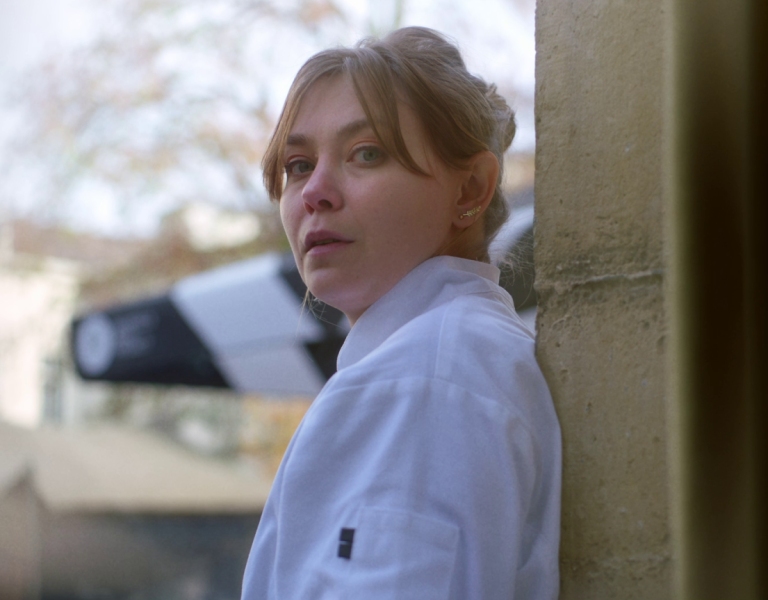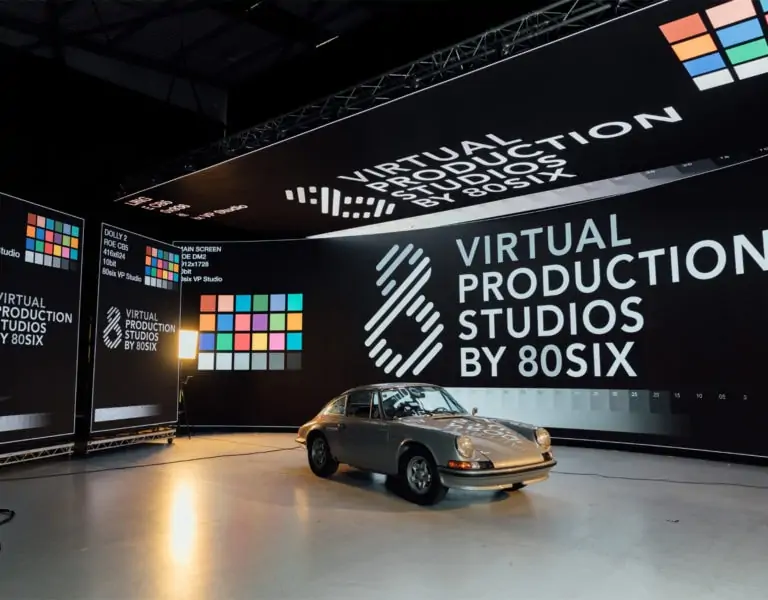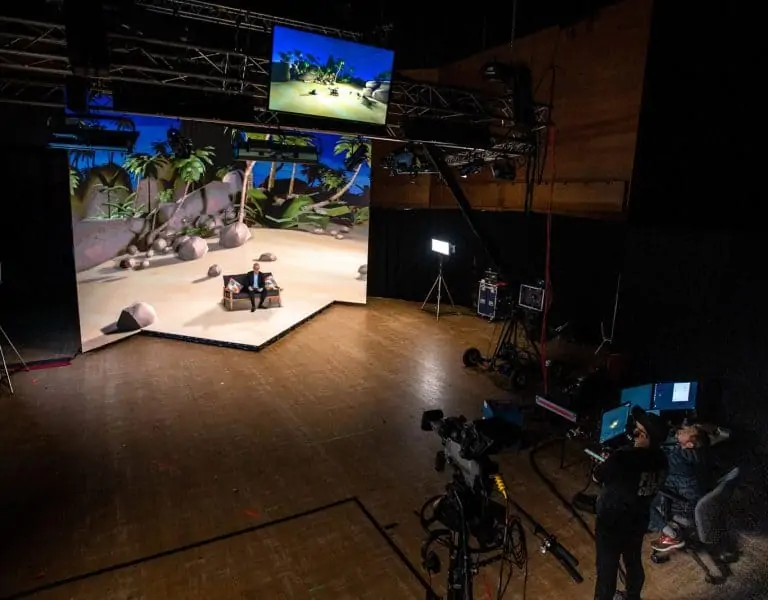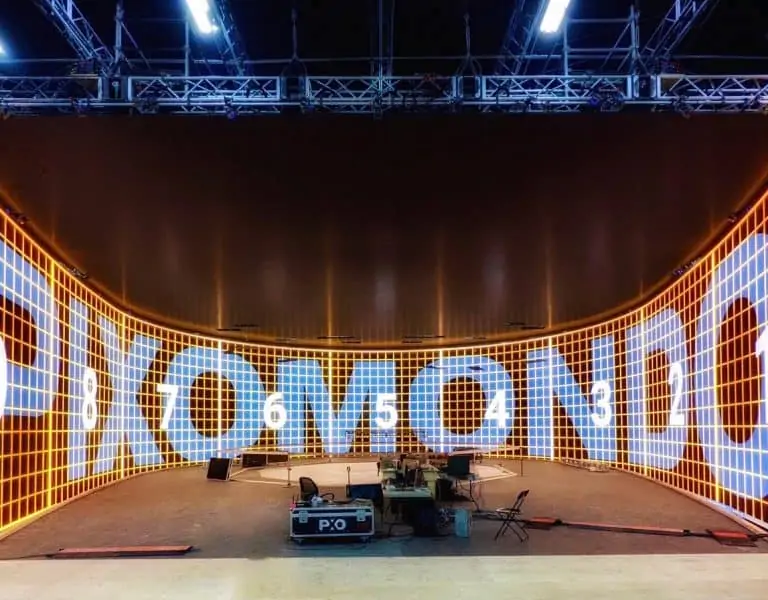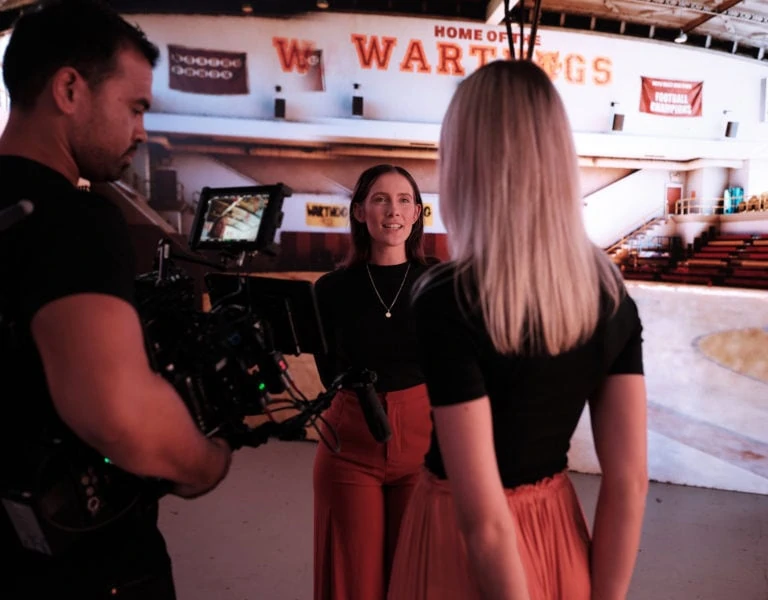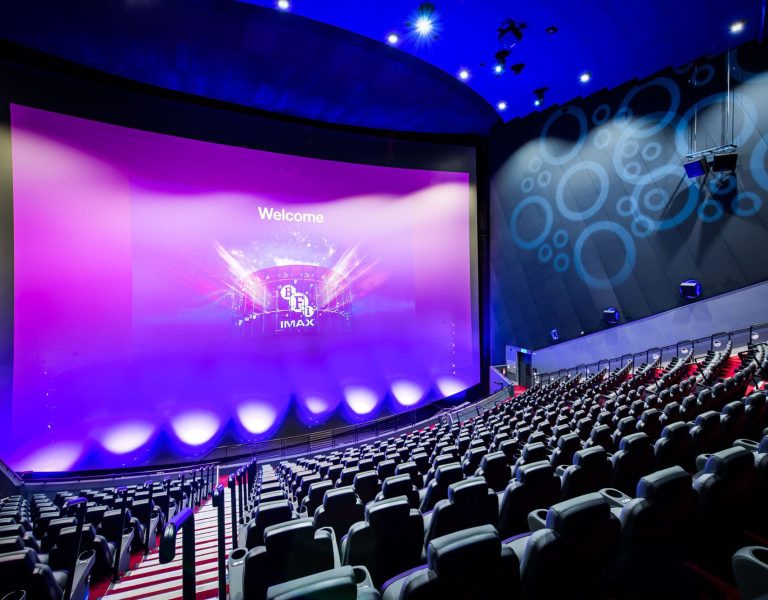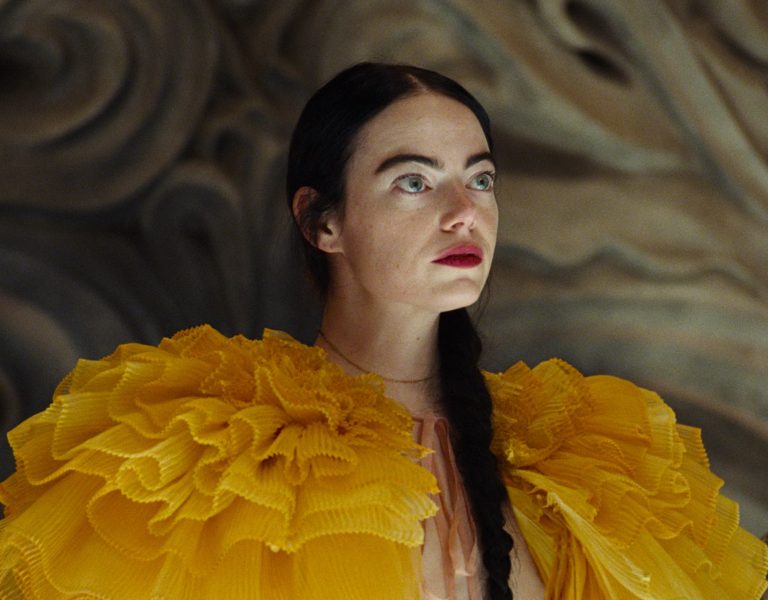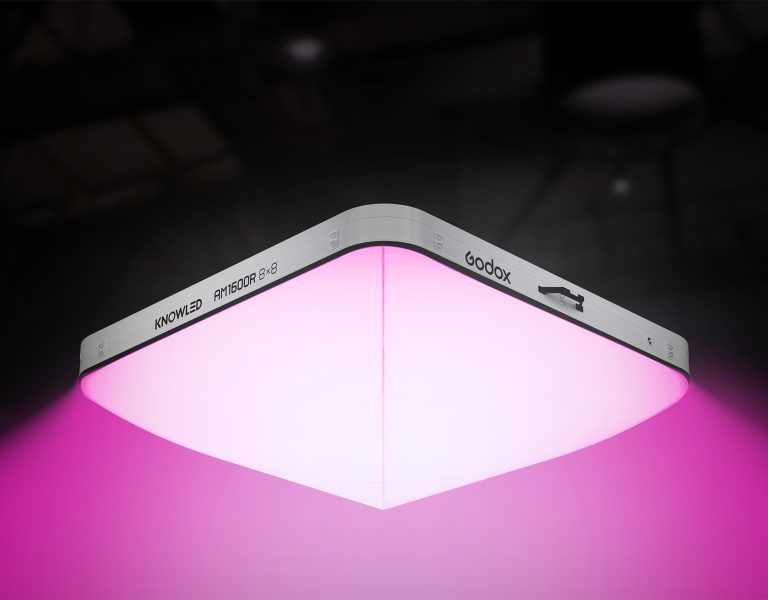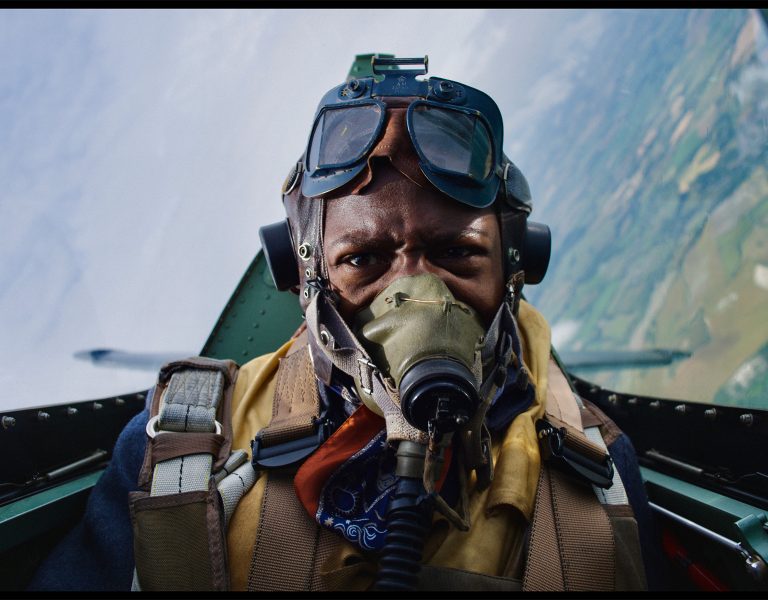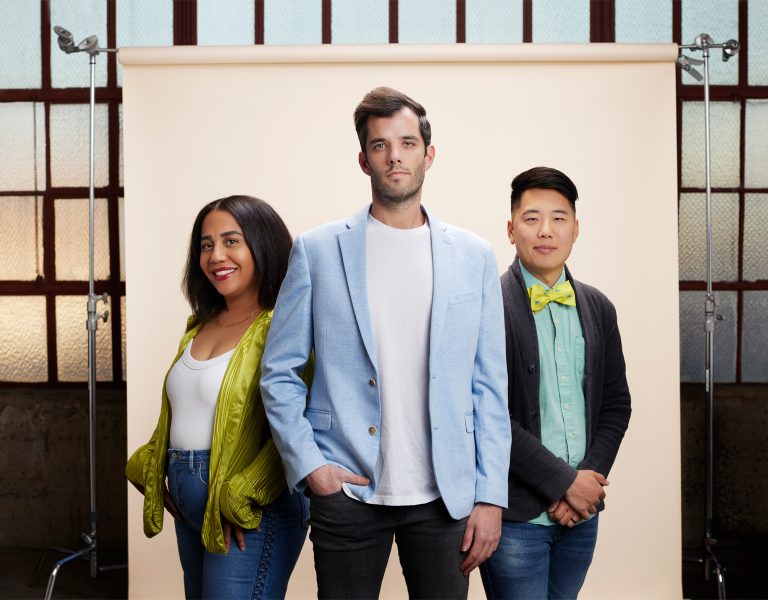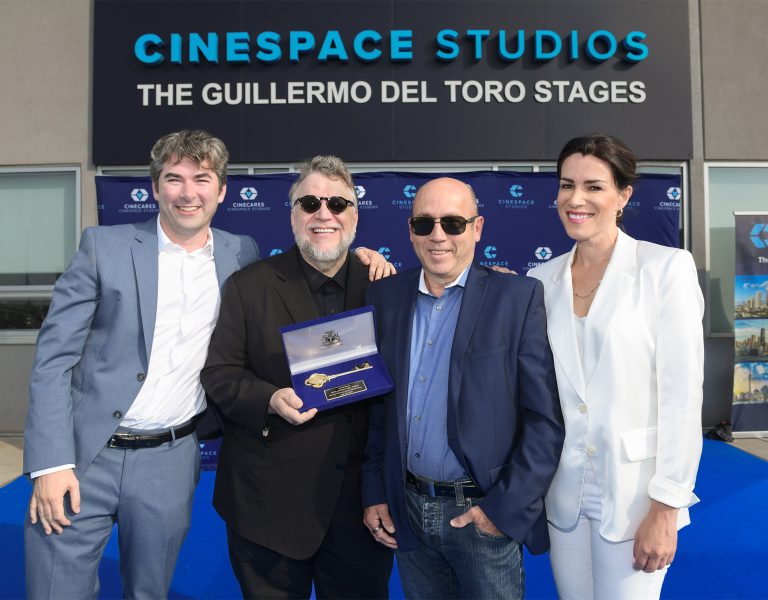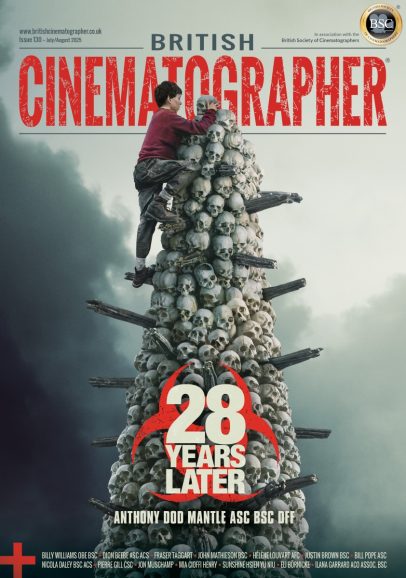Brompton Technology provides technology for 80six’s new virtual production studios
May 27, 2021
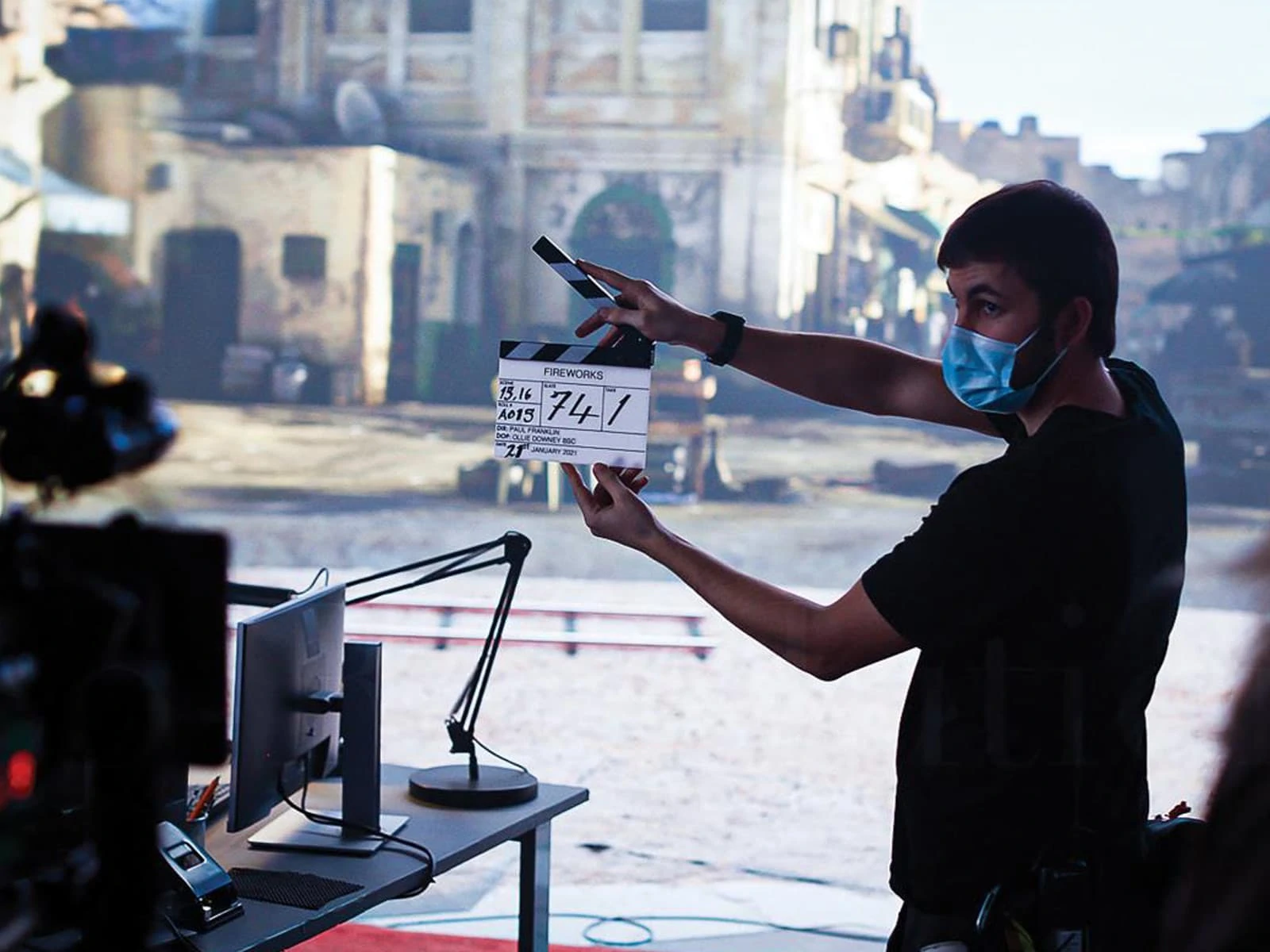
A leading video technology company, 80six, recently opened the doors to its virtual production studios in Slough.
The VP facility boasts a preconfigured curved LED stage, ideal for shooting in-camera VFX. Brompton Technology products are part of the studio’s high-end technical backbone.
80six has been building and implementing xR stages and has now directed its attention to live LED in-camera virtual production, which uses similar technologies. The company has spent the last 20 months carrying out R&D with LED and cameras for film and TV productions with trusted partners such as Epic Games, Dimension Studio, DNEG & OSF.
“Throughout the last couple of years, we have carried out various tests that have given us a solid understanding of the principles of VP. We can now confidently advise our clients as to the benefits and limitations they can expect when shooting in-camera VFX or when using LED video panels as light sources,” says Jack James, director at 80six.
Set in an overall area of approximately 335m2, the virtual production stage includes an 18m x 4.5m high-resolution LED volume, built with award-winning ROE Visual Diamond DM 2.6mm for the rear wall and ROE Carbon 5.7mm for the LED ceiling, along with movable lighting dollies.
The ROE screens run on Brompton Tessera SX40 4K Version 3.1 LED processors. “Brompton’s 3.1 software high frame rate capabilities allow for smooth, fast play-back of content, which is particularly useful for slow-motion for film, TV and esports,” says James.
Talking about the choice for tech for the studios, Jack James notes the experience 80six gained through supporting 2021 VFX Oscar Winner, DNEG, and Dimension Studio on the production of ‘Fireworks’, a ground-breaking VP short film shot at 80six’s virtual production studios at the start of the year.
“We were involved in an indie film shoot with DNEG, a multiple Oscar, BAFTA and Emmy award-winning visual effects and animation company, and Dimension studio, where it was necessary to calibrate our ROE Diamond 2.6mm for HDR,” James explained. “We used Brompton’s Hydra calibration system, enabling the panels to produce incredible true-to-life colours that were required for the photorealistic background content, and got outstanding results. The request for HDR was the result of several months of testing involving colour scientists and VFX teams. We’re fortunate that the majority of our LED inventory is armed with Brompton R2 cards enabling us to recalibrate them using Hydra whenever necessary.”
Throughout the pandemic, filmmakers, DOPs and VFX studios celebrated the benefits of shooting LED in-camera VFX. From reducing pre-production travel costs to the complete control over the immersive environments in which they shoot, and the transposition of the creative process, which has moved into the pre- rather than post-production phase, these new workflows are transforming how films and TV series are made.
“The benefits of virtual production are undeniable and companies like Brompton are constantly developing new software features that open up even more possibilities,” James concluded: “Brompton’s Frame Remapping is another interesting concept we are looking forward to exploring as it means you can now have multiple cameras shooting the same physical screen, but with different layers of content represented on each individual frame for each camera. As a filmmaker, this means you are no longer limited to a particular shot; you can effectively have two scenes running at the same time, or a green screen frame as the second scene that you can then use for keying. This gives filmmakers the flexibility to edit in post-production.”





